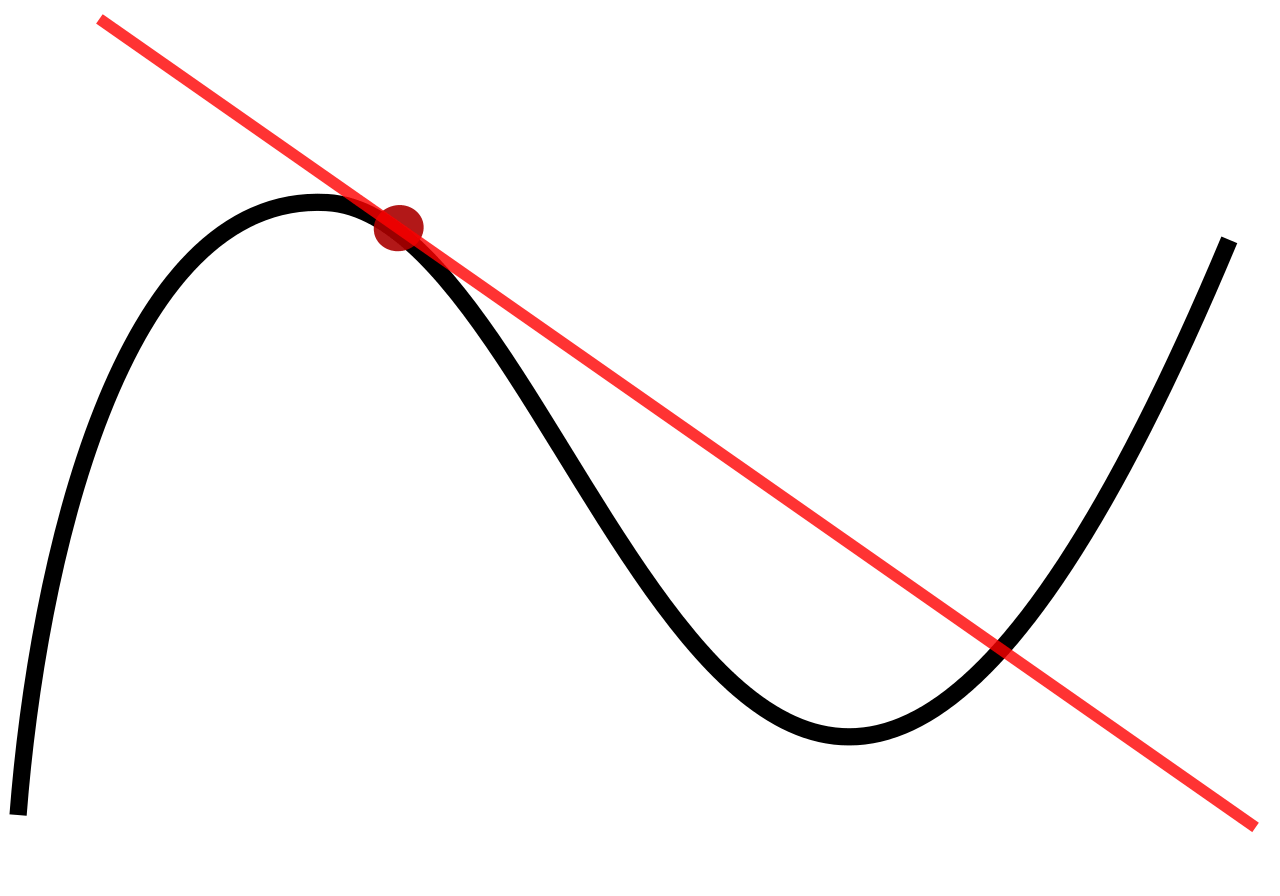Sequence of tangents (I.S.I. B.Stat and B.Math 2017, subjective problem 1)
 Join Trial or Access Free Resources
Join Trial or Access Free Resources Join Trial or Access Free Resources
Join Trial or Access Free ResourcesProblem:
Let the sequence \( { a_n} _{n \ge 1 } \) be defined by \(a_n = \tan n \theta \) where \( \tan \theta = 2 \). Show that for all n \( a_n \) is a rational number which can be written with an odd denominator.
Discussion:
This is simple induction.
The claim is true for \(n = 1\) clearly \( \tan 1\theta = \tan \theta = 2 = \frac {2}{1} =\) a rational number with an odd denominator.)
Assume the claim is true for n=k; that is suppose \( \tan k \theta = \frac{p}{2t+1} \) that is a rational number with odd denominator. (since the denominator is odd we can express it as 2t +1). Of course we know this to be valid for k = 1.
Next we show for n = k +1
\( \displaystyle { \tan (k+1) \theta = \tan (k \theta + \theta) \ = \frac { tan k \theta + \tan \theta }{ 1- \tan \theta \tan k \theta } \ = \frac { \frac {p}{2t +1} + 2 }{ 1 - 2 \frac{p}{2t+1} } \ = \frac { p+ 4t + 2} { 1 + 2t - 2p} \ = \frac {p+4t + 2} { 1 + 2(t-p) }} \)
Since p and t are integers, hence the ratio we found is rational. Denominator is \(1 + 2(t-p)\) (which is even + 1). Hence it is odd.
(proved)
[…] be written with an odd denominator. ……………………… Discussion […]